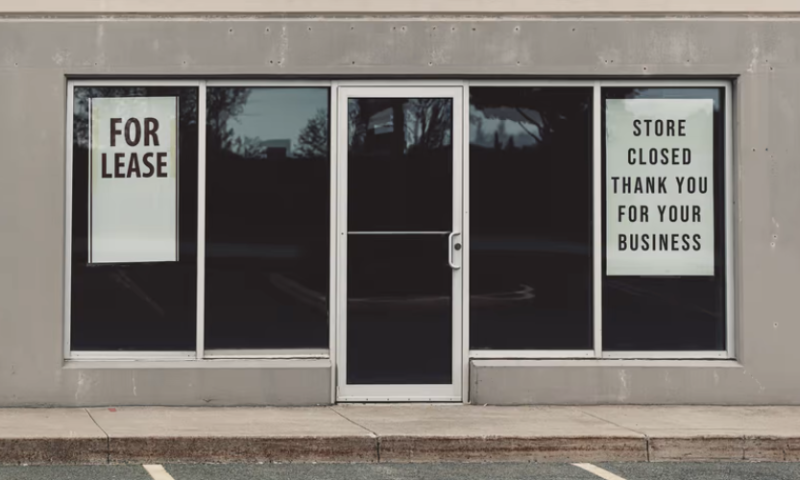Genocea’s quest to find more responsive antigens has come to a close after the company’s financial wick flamed out. As a result, all remaining nonessential staff will be sent packing, and the company will take itself off the Nasdaq.
The decision to wrap up comes less than a month after the company sent up a corporate flare warning it needed a sale to continue operating. That news was paired with layoffs affecting 65% of the staff. Now, employees who survived that round of layoffs will be shown the exits as well, according to an announcement Tuesday.
While Genocea will voluntarily delist from the Nasdaq, the end was clearly near as the stock exchange had previously warned the company that its meager, sub-$1 share price was not in compliance.
The reality for Genocea is that it’s been on unstable footing for almost five years after a lack of funds forced the company to drop development of its phase 3-ready herpes vaccine in September 2017. In an email to Xconomy at the time, CEO Chip Clark wrote “a large and long phase 3 program are beyond Genocea alone.” The company elected to instead pivot to cancer therapies, but, as part of the pipeline restructure, 40% of Genocea’s workforce was slashed.
That 2017 decision sent the company’s shares into a tailspin, which, as of today, it officially never recovered from. The stock price fell from $42.32 per share to $11.68 and has precipitously declined ever since.
Instead, the company has been building out two assets aimed at solid tumors: a vaccine and a cell therapy. Their development has been rooted in Genocea’s core platform and technology, which target mutated antigens on tumor cells, known as neoantigens, to drive a stronger immune response.
Weeks before the late-April layoffs, the company touted early clinical data for its cell therapy, GEN-011, which showed anti-tumor activity among five heavily treated patients. The company suggested that the data supported a more intense dosing regimen to up the clinical benefit. In a statement, Thomas Davis, M.D., chief medical officer, alluded to more data coming later this year.
“We are grateful to our trial participants and are excited for more results to come in Q4 this year,” he said.
But heading into 2022, Genocea was wary of its ability to keep trudging forward, according to the company’s annual report. Just $37.1 million in cash remained at the end of 2021 compared to more than $400 million in accrued deficit.
“If we are unable to raise additional funds when needed, we may be required to implement cost reduction strategies, including ceasing development of GEN-011 or our Inhibigens program,” according to the company’s annual report. Evidently, the company’s fiscal woes were too much to overcome.

